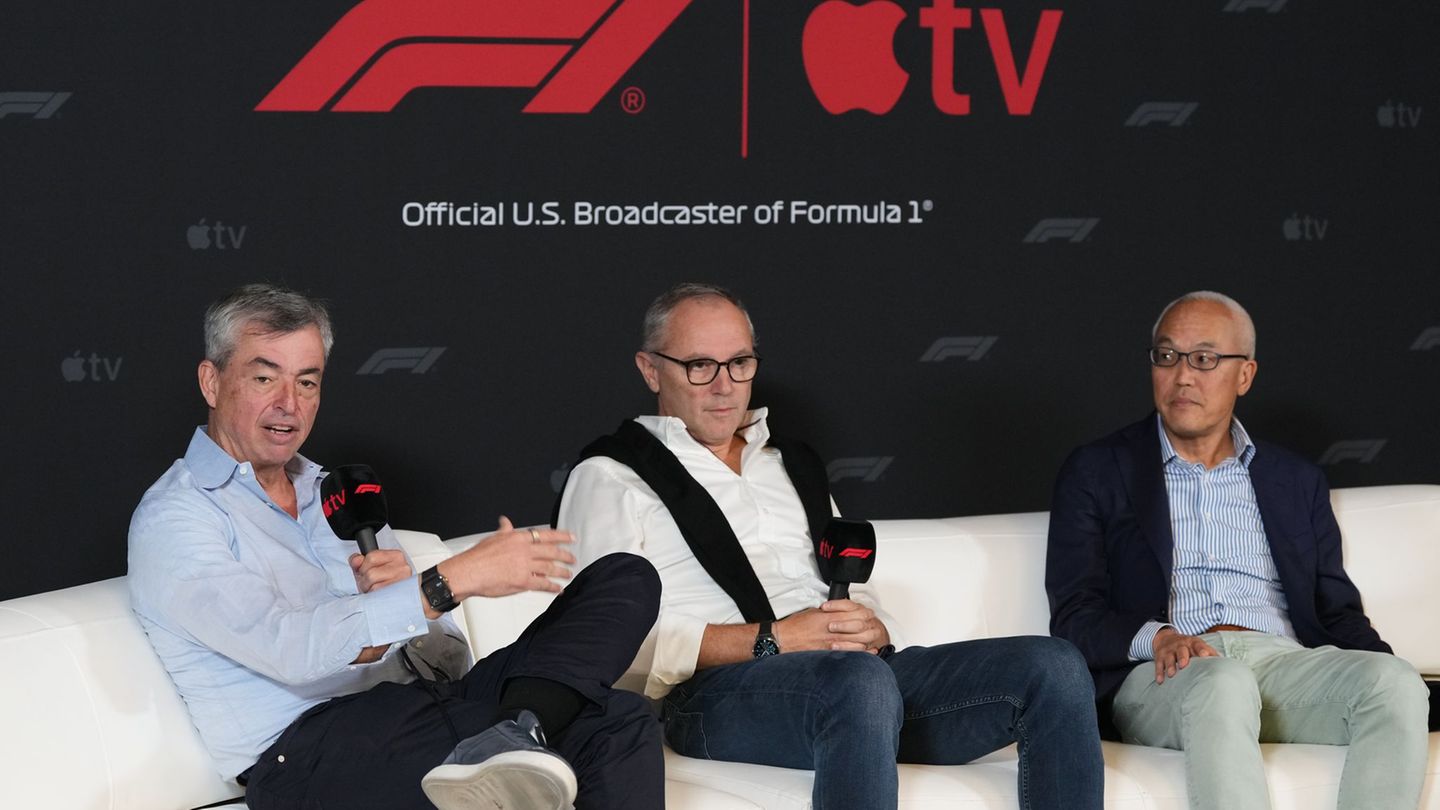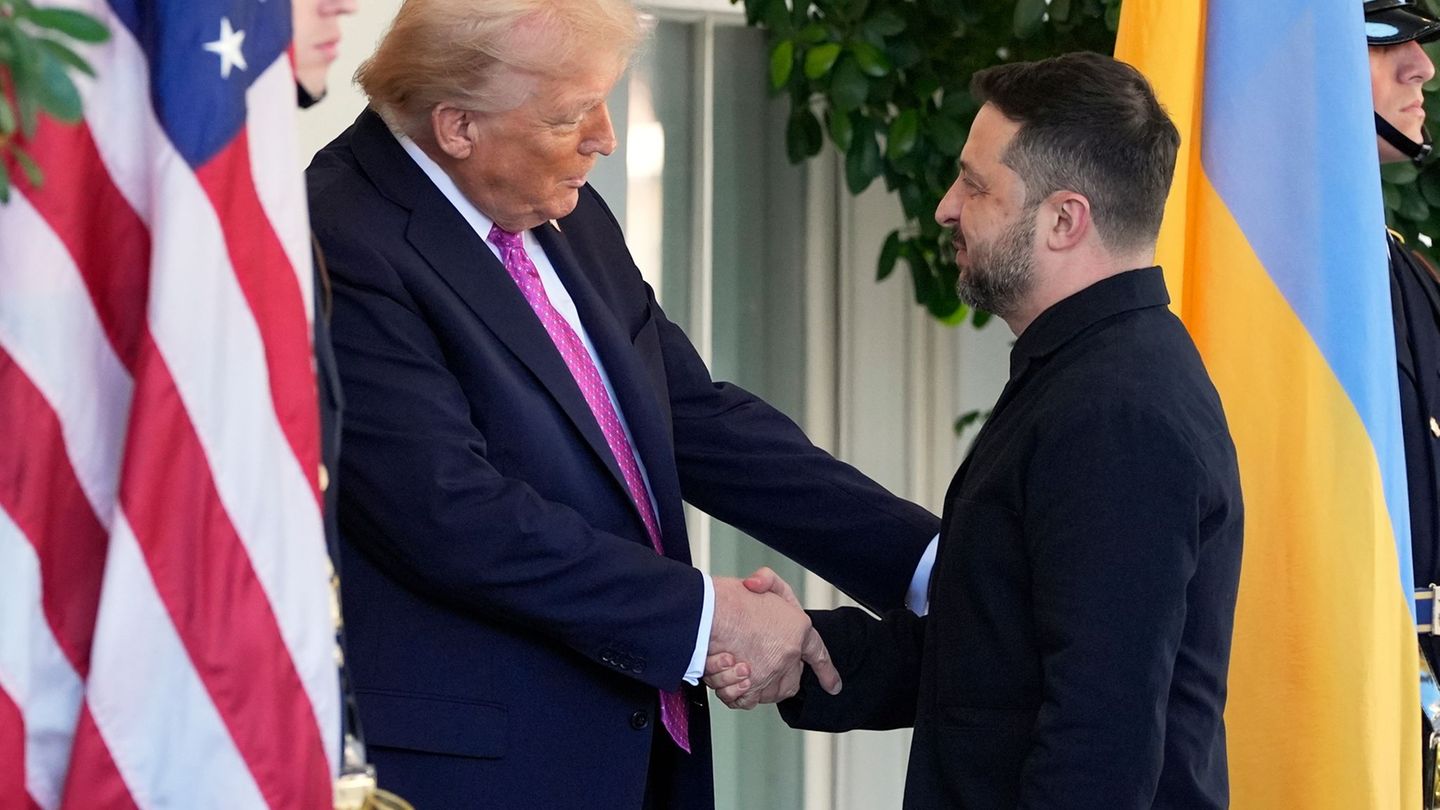Image: APA/AFP/JOHN THYS

Image: @ Ernst Grilnberger
First closed borders due to Corona, then the blockage of the Suez Canal caused by an overturned container ship, finally the war in Ukraine and cable harnesses that were missing for global car production: the past few years have shown how vulnerable the supply chains and thus the business location are. Now attacks by Houthi rebels in the Red Sea are forcing shipping companies to reroute their ships, leading to delays of a good two weeks.
“Year-on-year, there is 41 percent less traffic in the Suez Canal”said Gabriel Felbermayr, director of the Wifo economic research institute, at a press conference in Linz on the subject of supply chains. These developments are not beneficial for the economy, the longer delivery routes would lead to higher transport costs and drive inflation to a small extent: “But we are a long way from conditions like the previous crises.” The reason is also the weak economy.
The stress in the supply chains is reflected in the global stress index: These key figures should also be made usable for Austria – with the aim of making domestic companies more resilient.

Image: @ Ernst Grilnberger
Criticism of the EU supply chain law
For this reason, the Institute for Supply Chain Research (ASCII) was founded a year ago. “Logistics is the bloodstream of the economy”, said State Councilor for Economic Affairs Markus Achleitner: The research results are intended to identify impending bottlenecks as early as possible and increase security. According to ASCII President Franz Staberhofer, the focus is on the transformation of mobility and the associated changes in supply chains, semiconductors and medication shortages.
voestalpine is already using the research results: According to Hubert Zajicek, head of the steel division, the Linz-based company will need twice as much scrap as it currently does for the planned decarbonization and the electric arc furnace in Linz from 2027: “The flow of goods and raw materials will change enormously, but this is currently only understandable to a limited extent.” It’s about finding the right sources, transport routes and interim storage facilities and also defining alternatives in advance in order to remain able to deliver even in future crises.
Felbermayr renewed his call to make the planned EU supply chain law, which is available as a draft, more efficient: environmental standards and human rights are important, but companies should not be burdened by excessive bureaucracy. Instead of examining the production conditions in millions of business relationships individually, suppliers from third countries should be checked and, if they comply with the requirements, certified. That would also reduce costs.
more from economics




